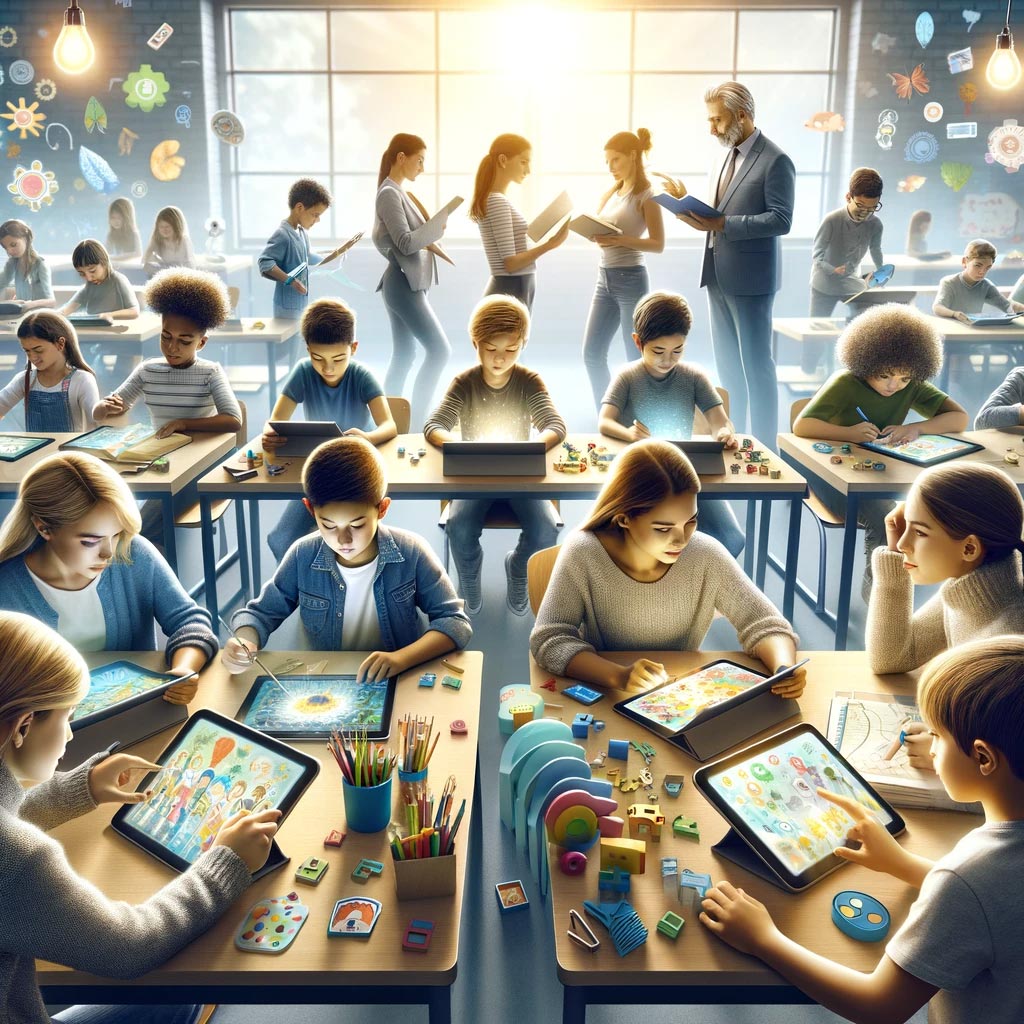
Personalized Teaching Approaches: Tailoring Education to Individual Needs
Introduction
In the rapidly evolving educational landscape, personalized teaching approaches have emerged as a powerful method for enhancing student engagement, understanding, and academic performance. Unlike traditional one-size-fits-all models, personalized education tailors learning experiences to meet each student's unique needs, interests, and abilities.
This section delves into the essence of personalized teaching, its benefits, implementation strategies, and impact on learning outcomes.
Defining Personalized Teaching
Personalized teaching is an instructional approach that seeks to customize learning based on individual learner profiles. It considers students' prior knowledge, learning preferences, and educational goals to create a more engaging and effective learning environment.
Key Components:
-
Assessment of individual student needs and interests
-
Customized learning paths for each student
-
Integration of adaptive learning technologies
-
Ongoing feedback and adjustments to learning plans
Benefits of Personalized Teaching
The shift towards personalized learning comes with a myriad of benefits aimed at optimizing educational outcomes:
-
Enhanced Engagement: Tailoring content to students' interests increases motivation and engagement.
-
Improved Understanding: Students learn more effectively when the material is presented in a way that aligns with their learning styles.
-
Increased Retention: Personalized approaches often lead to better retention of information and skills.
-
Greater Academic Performance: Customized learning paths can address gaps in knowledge, leading to improved test scores and grades.
Implementing Personalized Teaching Strategies
Personalized teaching requires a multifaceted approach, incorporating data analysis, technology, and innovative pedagogical methods.
-
Learning Management Systems (LMS): Utilize LMS to track progress, manage personalized content, and provide timely feedback.
-
Adaptive Learning Technologies: Implement software that adjusts the difficulty and type of content based on individual student responses.
-
Flexible Grouping: Organize students into temporary groups based on specific learning needs or interests for targeted instruction.
-
Student Choice: Offer choices in how to learn and demonstrate understanding, allowing students to take ownership of their learning.
Impact on Learning Outcomes
Research and case studies highlight the positive impact of personalized teaching on academic performance. For instance, a study in the Journal of Educational Research found that students in personalized learning environments outperformed their peers in traditional settings on standardized tests.
Moreover, customized approaches have been shown to close achievement gaps, particularly for students who traditionally struggle in conventional educational systems.
Challenges and Considerations
While the benefits are significant, personalized teaching also presents challenges, including extensive teacher training, the potential for increased workload, and the requirement for robust technological infrastructure.
Effective implementation necessitates careful planning, ongoing professional development, and a commitment to student-centered education.
Real-World Examples
Schools and institutions worldwide have successfully adopted personalized teaching practices. For example, Summit Public Schools in the United States utilize a platform that allows students to set goals, track progress, and engage in self-directed learning, resulting in notable improvements in student engagement and achievement.
Conclusion
Personalized teaching approaches represent a paradigm shift in education, emphasizing the importance of tailoring learning experiences to meet student's diverse needs. By acknowledging individual differences and leveraging technology, educators can enhance engagement, understanding, and performance, preparing students for success in an ever-changing world.
As educational research continues to evolve, adopting personalized teaching methods will play a crucial role in shaping the future of learning.
Education

